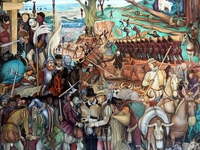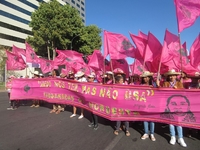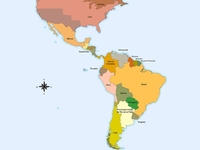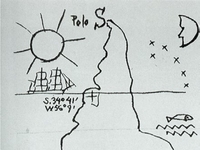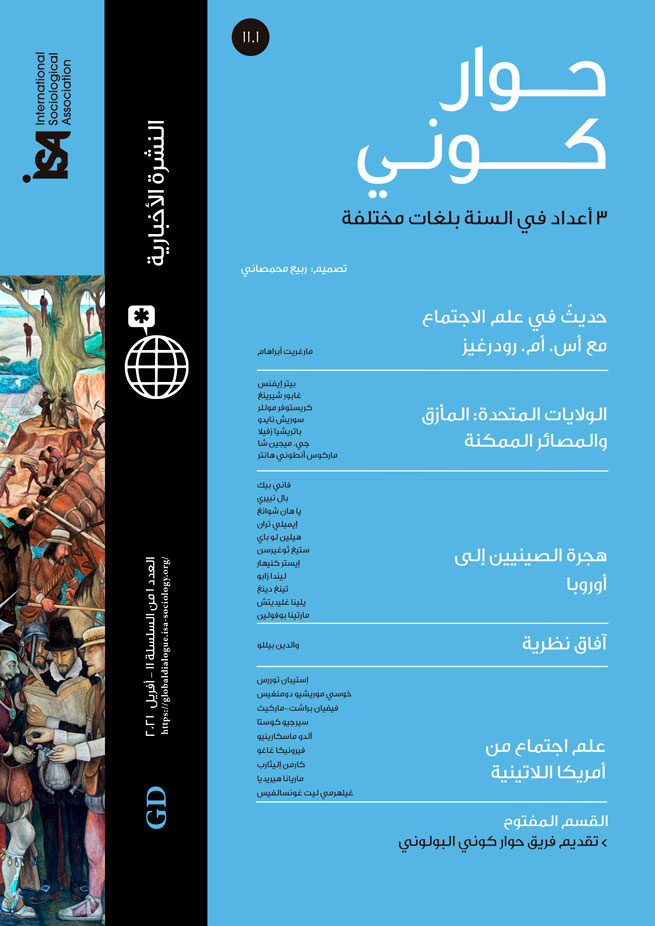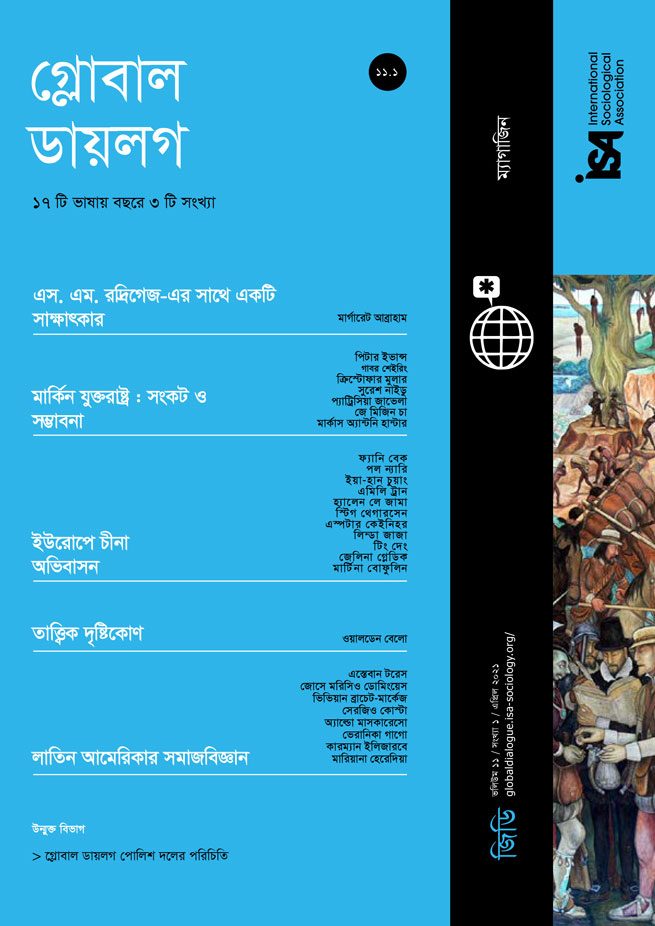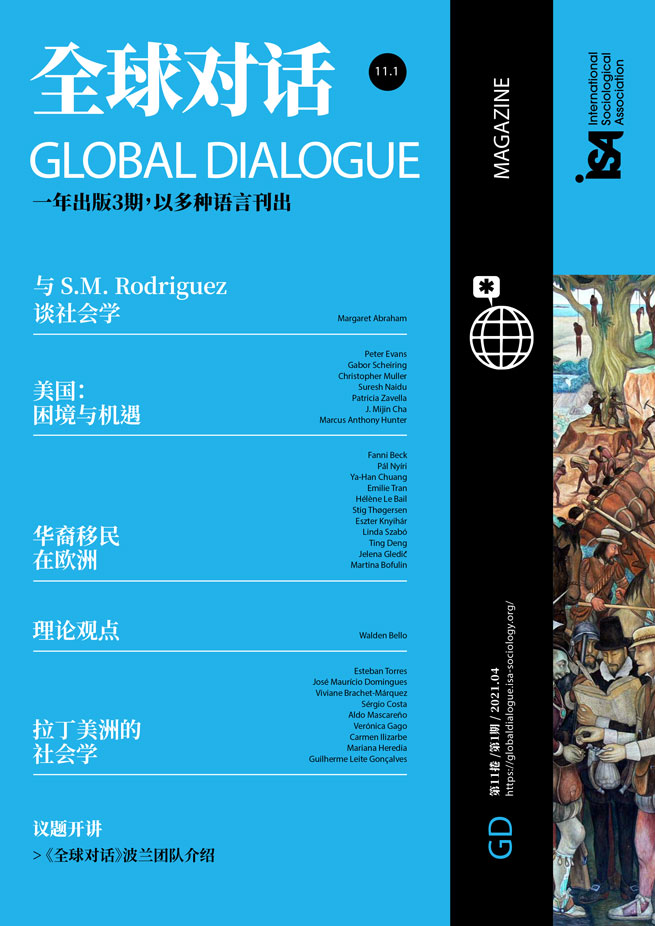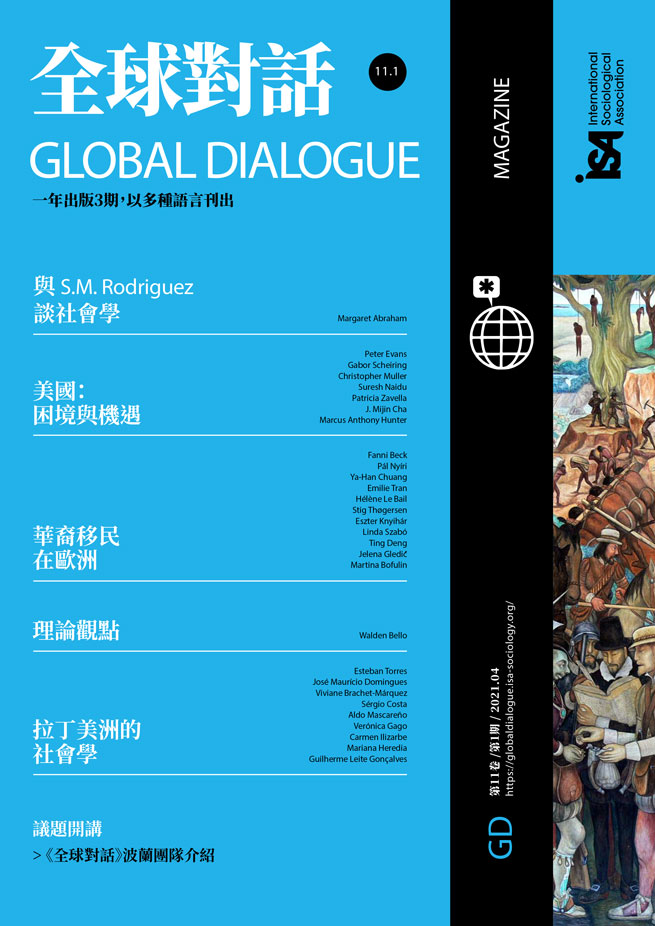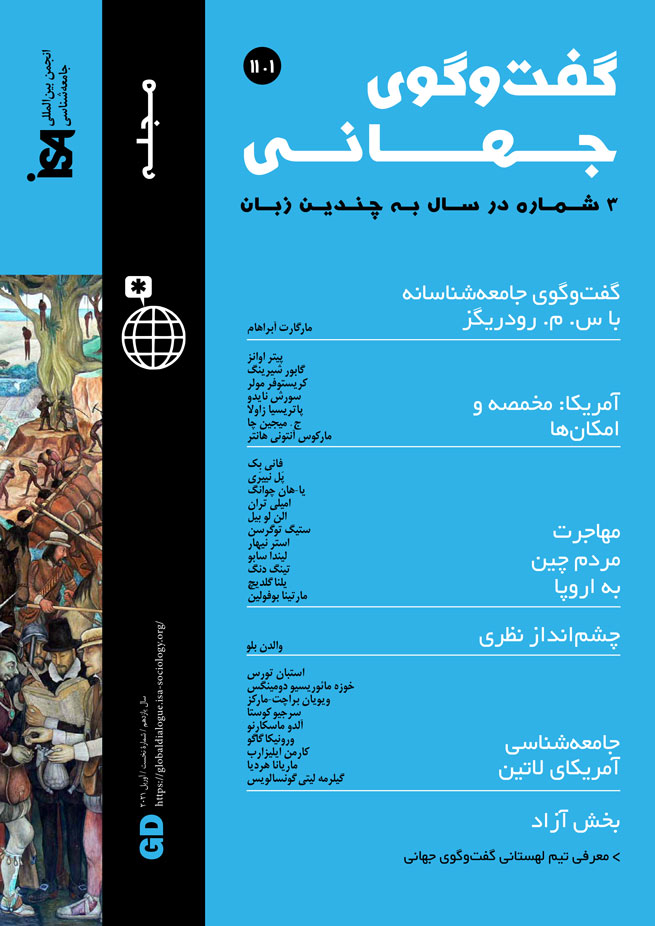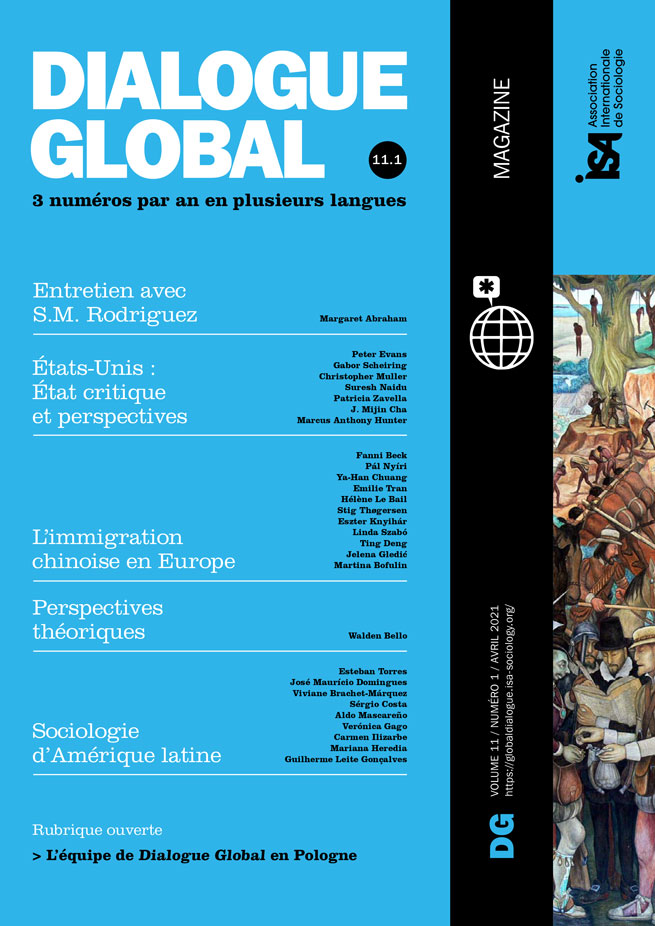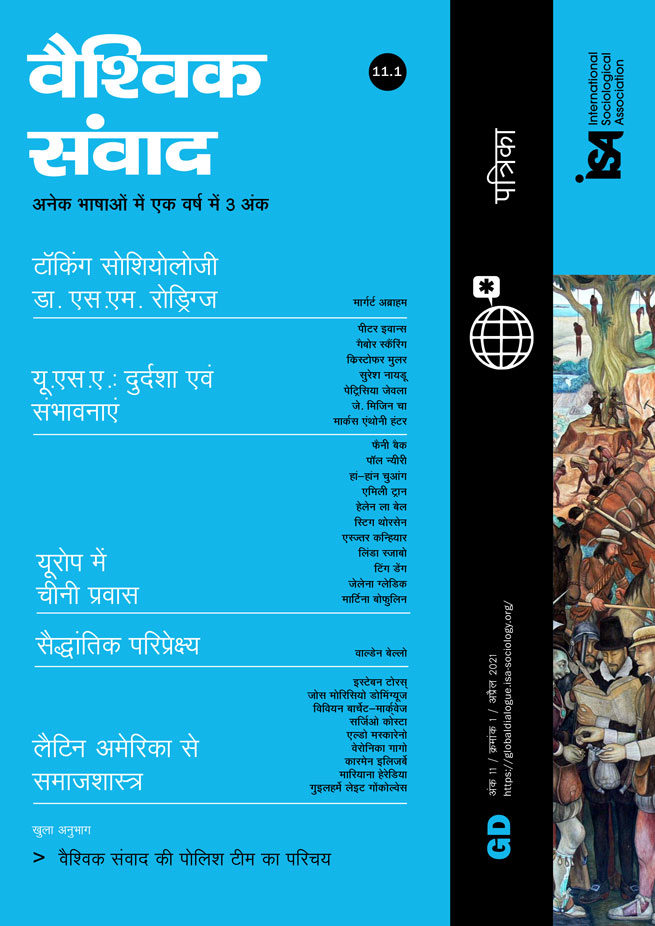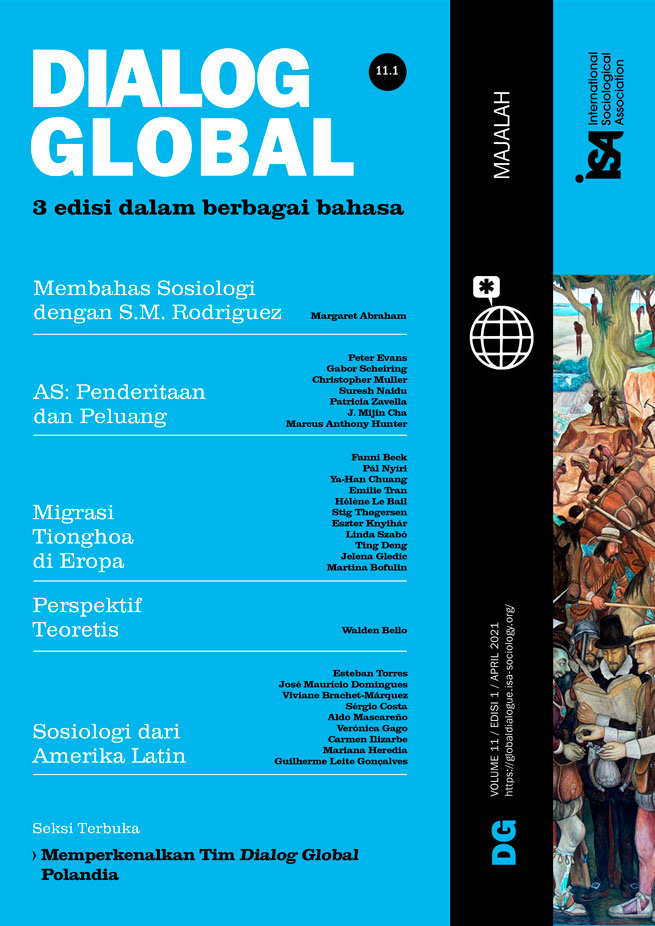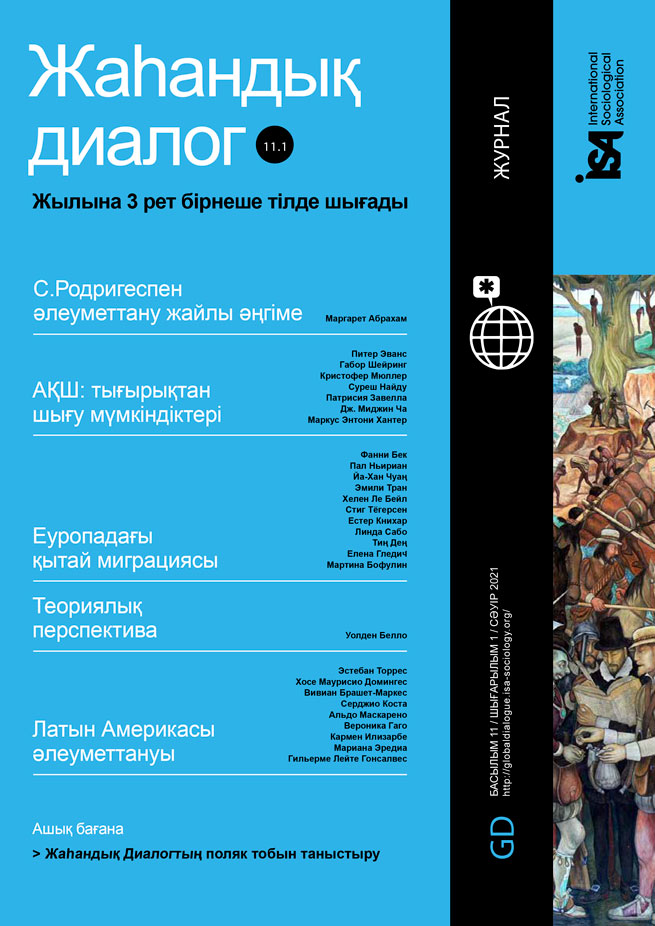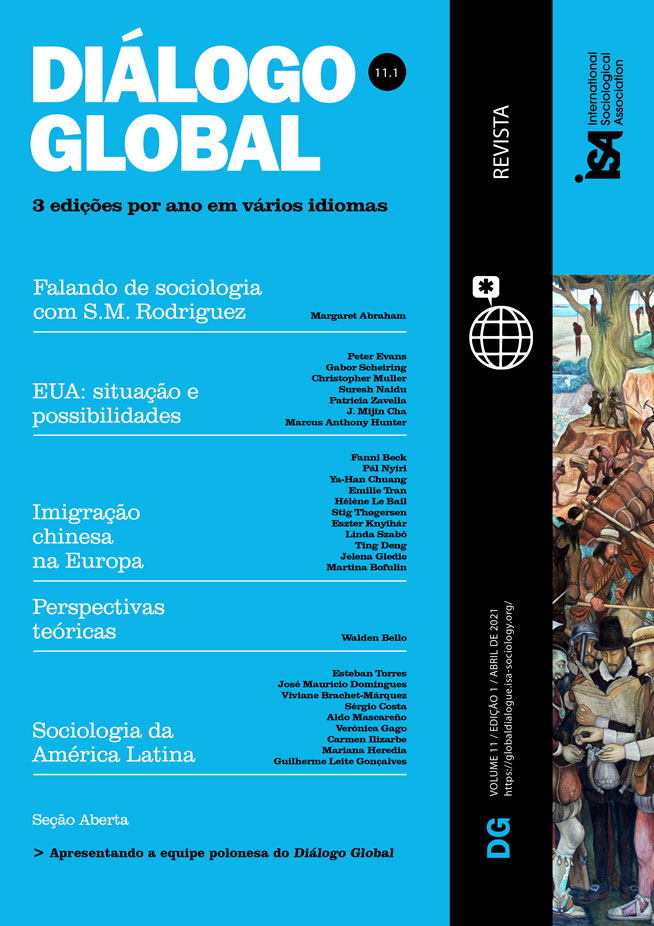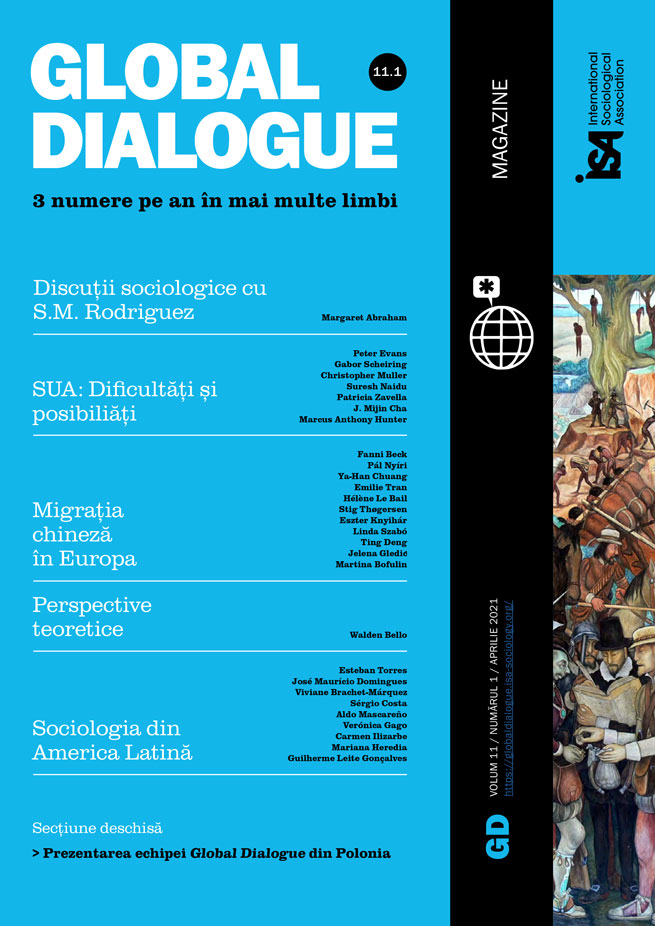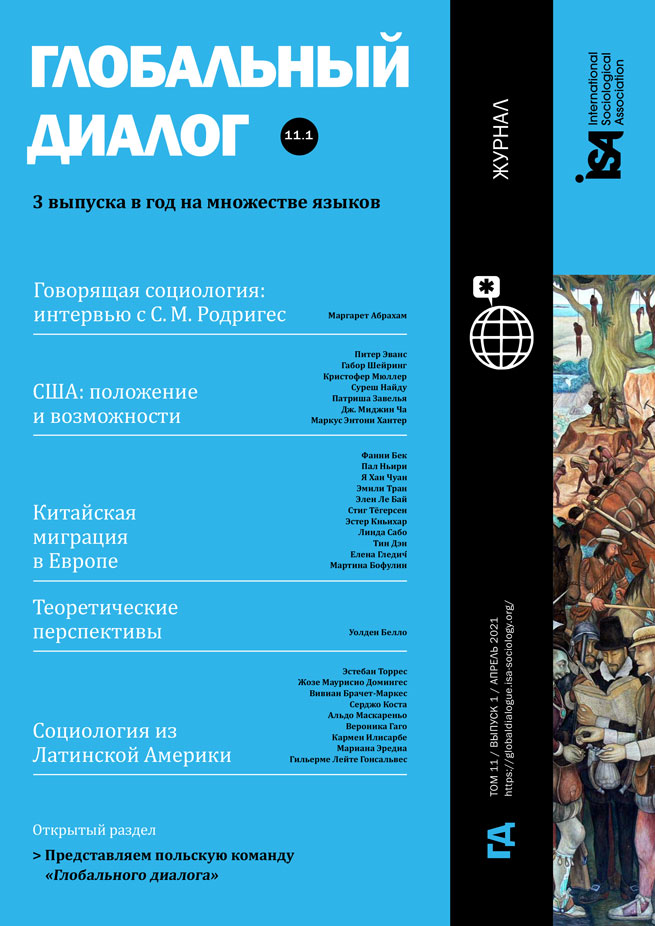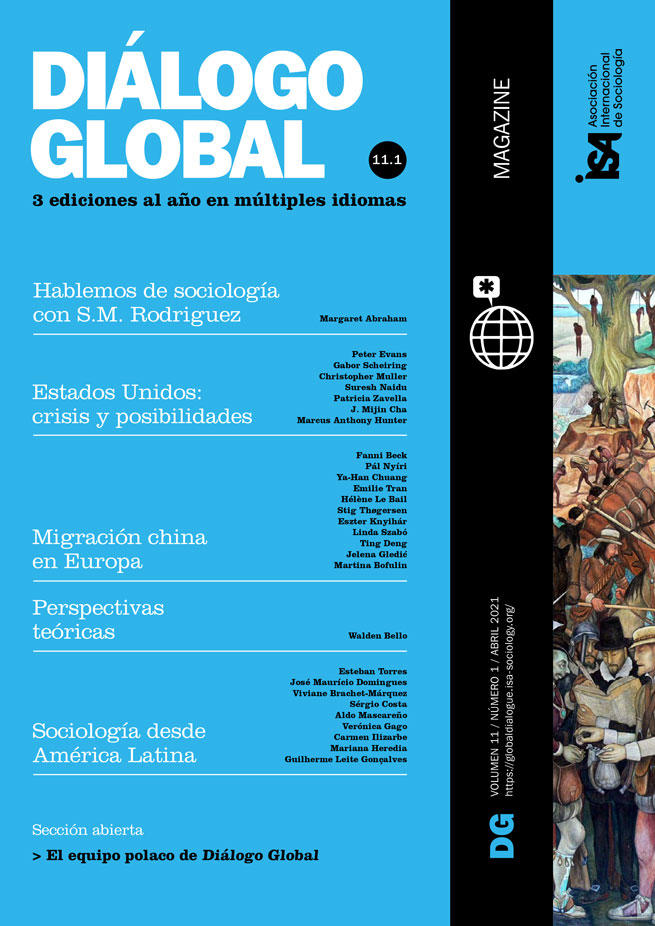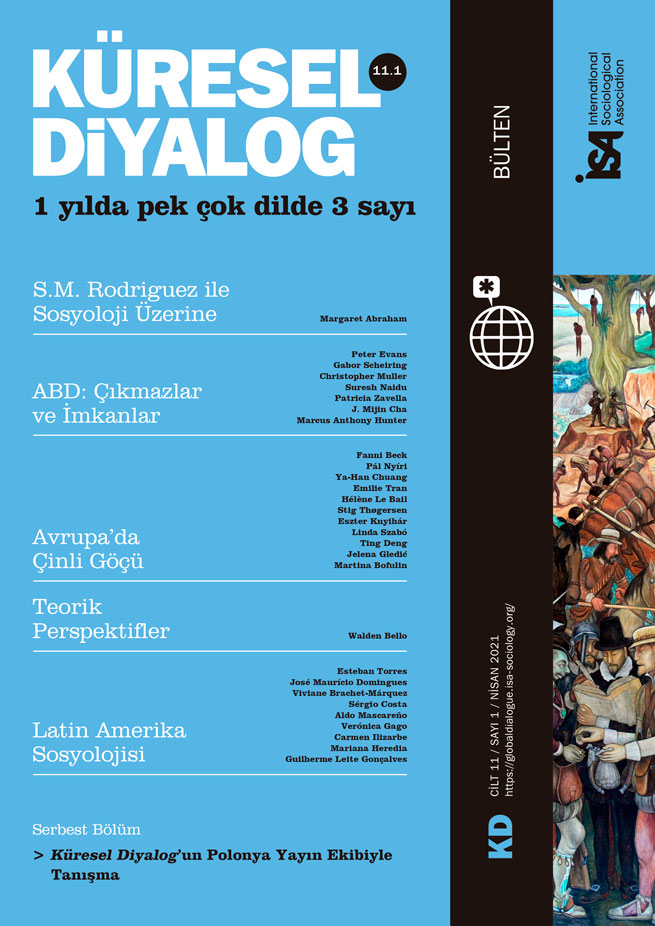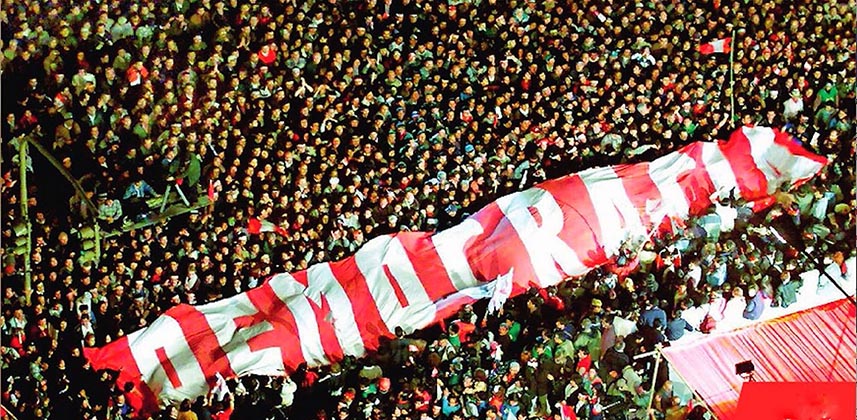The most important political phenomenon so far in the twenty-first century is the notorious depletion and decline – maybe even the eclipse – of the liberal understanding of representative democracy. Although the legitimacy crisis of political parties is a widespread occurrence in the world, it is not only about this. The very idea of representation as a viable political mechanism has entered into crisis, and perhaps irreversibly. Consider that the concept of representation informs the institutional designs of all contemporary democracies, and that its formulation is tied to the earliest conceptualizations of the modern state. Thus, at least since Thomas Hobbes, we have naturalized the idea that power can be delegated, and still maintained. The fiction of re-presentation (pretending that those who are actually absent from deliberation and decision-making processes are still present with voice and vote) has been fundamental to the development of modern democracies. I have argued previously that this fiction has been broken, and that the very idea of representation (not just the key institutions and procedures that make it work) has been affected.
Research agenda about the collapse of representative politics
In response to the disarticulation of instituted political forms of intermediation, and in light of the evident disconnection between rulers and governed people, new forms of political self-representation emerge, bypassing political parties and their agendas, but also institutional channels contemplated by the system of political representation. However, the field of politics is not abandoned. In processes of medium-term duration that can even span decades, we are witnessing the re-politicization of society and the re-emergence of popular sovereignty, which sometimes manages to transform itself into a constituent power, as the Chilean case clearly suggests.
In this context, a plurality of forms of popular sovereignty can be read as a symptom of important changes in the understanding and contemporary construction of the political. Thus, it is worth asking what happens when intermediation fails, what happens when the mechanisms of representation no longer operate as they used to, and what happens when even the idea of representation collapses. My research agenda for the coming years will pay attention to two dynamics linked to this process: 1) changes in political systems due to the absence or decline of formal institutions of political representation, and 2) the emergence of forms of self-representation and new political subjects to interact with the state.
Regarding the first line of research, I am interested in studying emerging forms of counter-democracy. The (re)emergence of authoritarian, fascist, and even totalitarian governments has become markedly visible in recent years, both in countries and regions where representative democracy has historically developed with evident difficulty (Brazil is an emblematic case in Latin America), and in countries and regions with solid democratic traditions (the United States is an emblematic case in the Northern Hemisphere). Likewise, countries such as Peru, Colombia, or Chile, but also Bolivia and Ecuador, with recent and important efforts to affirm the institutional framework of representative democracy, usually develop anti-democratic governmental practices that violate the fundamental rights of vulnerable populations. How to explain the paradox of contra-democratic governments being elected at the polls, and what consequences does this have for the continuity of democracy? What institutional forms and what mechanisms ensure authoritarian rule today? What kinds of responses or reactions emerge in contexts of authoritarian dominance? What are the conceptual and theoretical bases for a critical analysis of counter-democratic praxis today?
With regard to the second line of research, I am interested in investigating how the reappearance of the idea of popular sovereignty takes shape. More and more, in the North and in the South, and across East and West, we witness the strength of massive forms of social mobilization, in response to economic crises with visible social impact, but also in reaction to the lack of means of political representation. These forms of popular overflow that go beyond the established channels for the expression of disagreement and discontent reveal a greater exhaustion, and are opening up a space for the rearticulation of political energies and projects from below. What characterizes these forms of popular re-emergence? Are these new forms of constitution of political subjects? What possibilities does this open for the democratization of politics? To what extent, and in what ways, may it favor the articulation of anti-democratic politics?
Beyond the boundaries of a liberal grammar
My research agenda for the following years aims to understand the dynamics of state-society interactions, paying attention to possible forms of renewal of the social pact, and going beyond the hegemonic conceptual framework advanced by liberal democratic theory. Thematically, this involves a critique of democratic and democratization theory, as well as a distancing from social movements theory, in order to better explain the potential of new forms of socio-political expression and participation. As a whole, this work will also involve developing new categories and approaches, outside a liberal grammar, for a more adequate reading and understanding of ongoing processes of political change.
Carmen Ilizarbe, Pontificia Universidad Católica del Perú, Peru <cilizarbe@pucp.pe>
